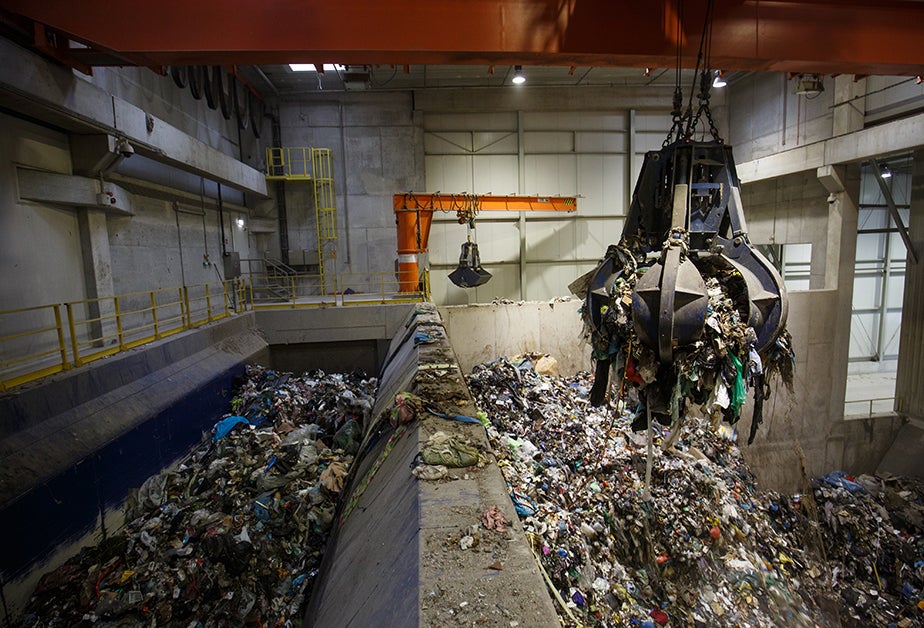Since 2018, companies have been aware of upcoming requirements to report the existence of substances of very high concern (SVHCs) to a database created and maintained by the European Chemicals Agency (ECHA). The launch date — set for January 5, 2021 — was met with resistance from companies and industry groups, citing the resource-commitment required to meet the obligations. After formal calls for a delay, the launch date was upheld by ECHA, demonstrating one thing very clearly: the Substances of Concern In articles, as such or in complex objects (Products) (SCIP) database was coming, ready or not.
The deadline should not be confused with a finish line. Now that legal expectations are in full force, companies must improve their SCIP programs. The database saw millions of submissions within the first few weeks, indicating substantial buy-in from in-scope companies. The overall submission totals are expected to grow exponentially as companies and their suppliers adapt their ongoing processes to accommodate new requirements. The ECHA has already committed millions of euros and a team of full-time employees to maintain and further develop the database to accommodate the growth. The scope of the SCIP database will also routinely expand. It saw its first substance increase just weeks after launching, adding 89 new entries.
Need to improve your SCIP Program? Assent has the expertise and technology to streamline your submission process from start to finish. Start improving your program now!
Ongoing Improvements
Quantity, however, is not the goal of the SCIP database. Only dossiers with clean, accurate data can help protect people and the environment. So many of the initial submissions were flawed in either content or formatting that ECHA issued guidance on how companies can help improve their submissions. In February 2021, the agency also warned companies that incomplete or unacceptable submissions do not fulfill the obligations of the Waste Framework Directive.
ECHA advises:
- Collaborating within the supply chain.
- Breaking down lengthy product hierarchies (of over 1,000 components).
- “Referencing” complex dossiers.
Through the use of dossier IDs, companies are able to reference part and substance data previously submitted by the company itself or its suppliers. Companies with robust supply chain engagement will be better positioned to simplify their submissions in this way, saving time and money. This benefit works both ways, as suppliers proactively making submissions obtain SCIP notification numbers, which they are readily able to share with customers facing their own SCIP requirements.
System-to-System Transfers
To successfully meet requirements, dossiers must be formatted to meet IUCLID standards. Companies are able to submit notifications through ECHA dedicated submission tools or system-to-system transfers. Building an integration can be expensive and time-consuming as an internal solution. However, some third parties such as Assent are ECHA-approved vendors with verified IUCLID-integrations.
Companies without legal requirements to submit to the database may still make submissions to facilitate the process for their companies. To that end, the U.S. Department of Commerce issued guidance to help prepare U.S. companies for the new EU requirements.
Assent’s Proven Expertise
Assent has kept pace with the development of the SCIP database since it was announced in 2018. Raj Takhar, Assent’s expert in Materials Management and Chemical Reporting, served on the SCIP-IT working group, helping to craft the system now used by thousands of companies. Assent was also granted early access to the database to fine-tune its integrations for more effective submissions.
To date, Assent has leveraged this expertise to help over 150 industry leaders meet their SCIP requirements. Our advanced knowledge of inner SCIP workings means we deliver cleaner, more accurate dossiers, while reducing the burden on internal resources and suppliers. To learn more, contact our experts.










